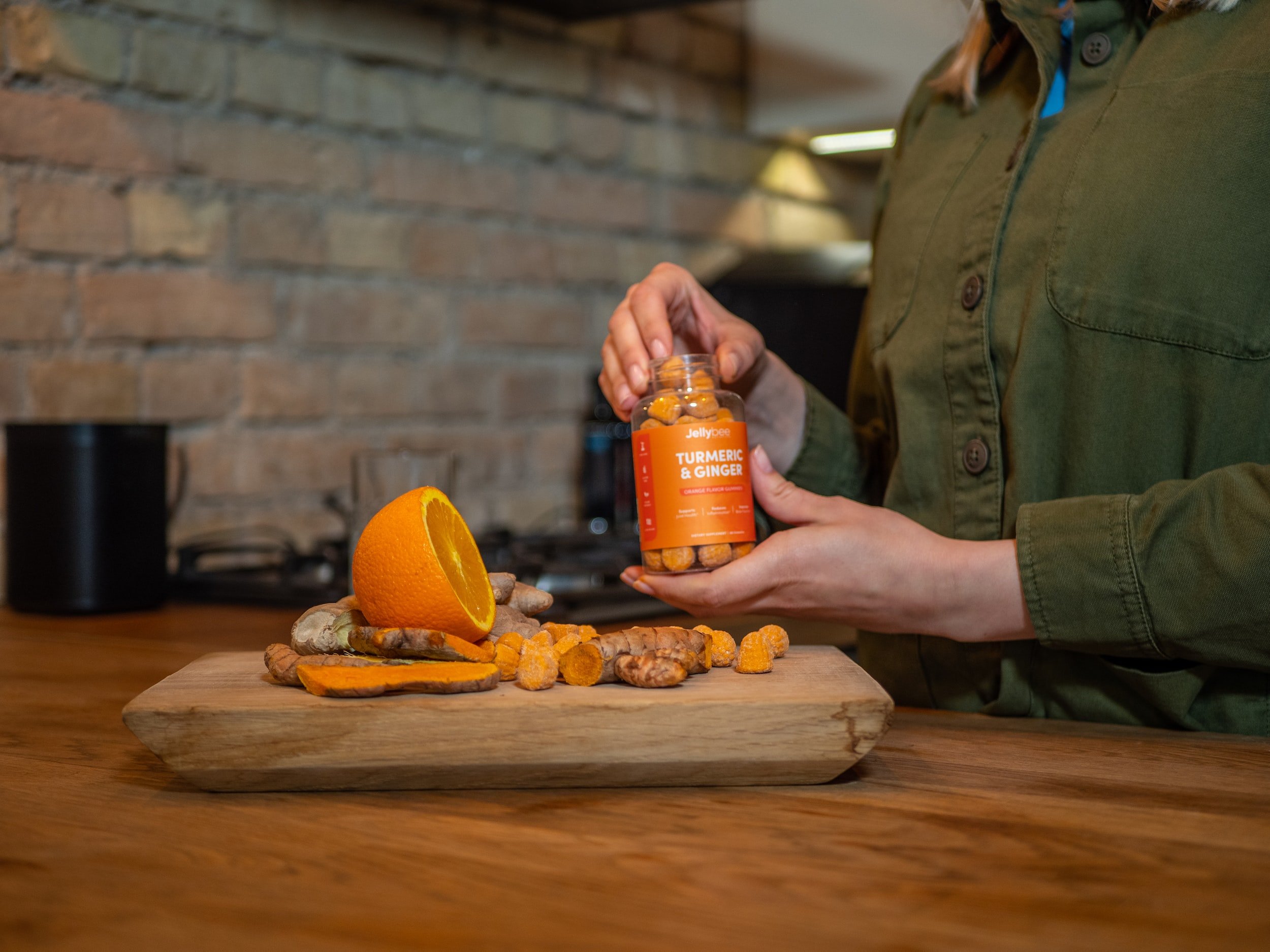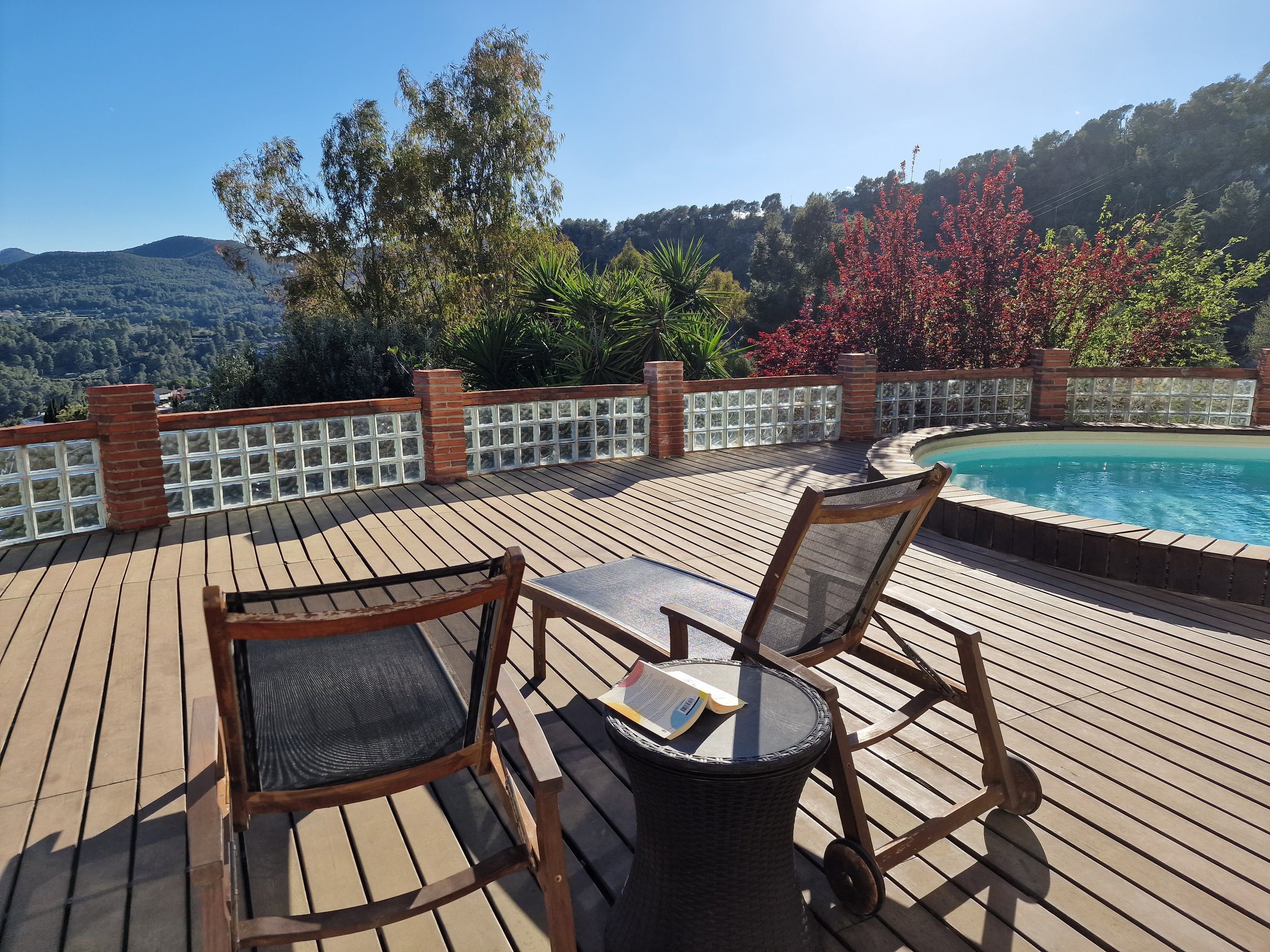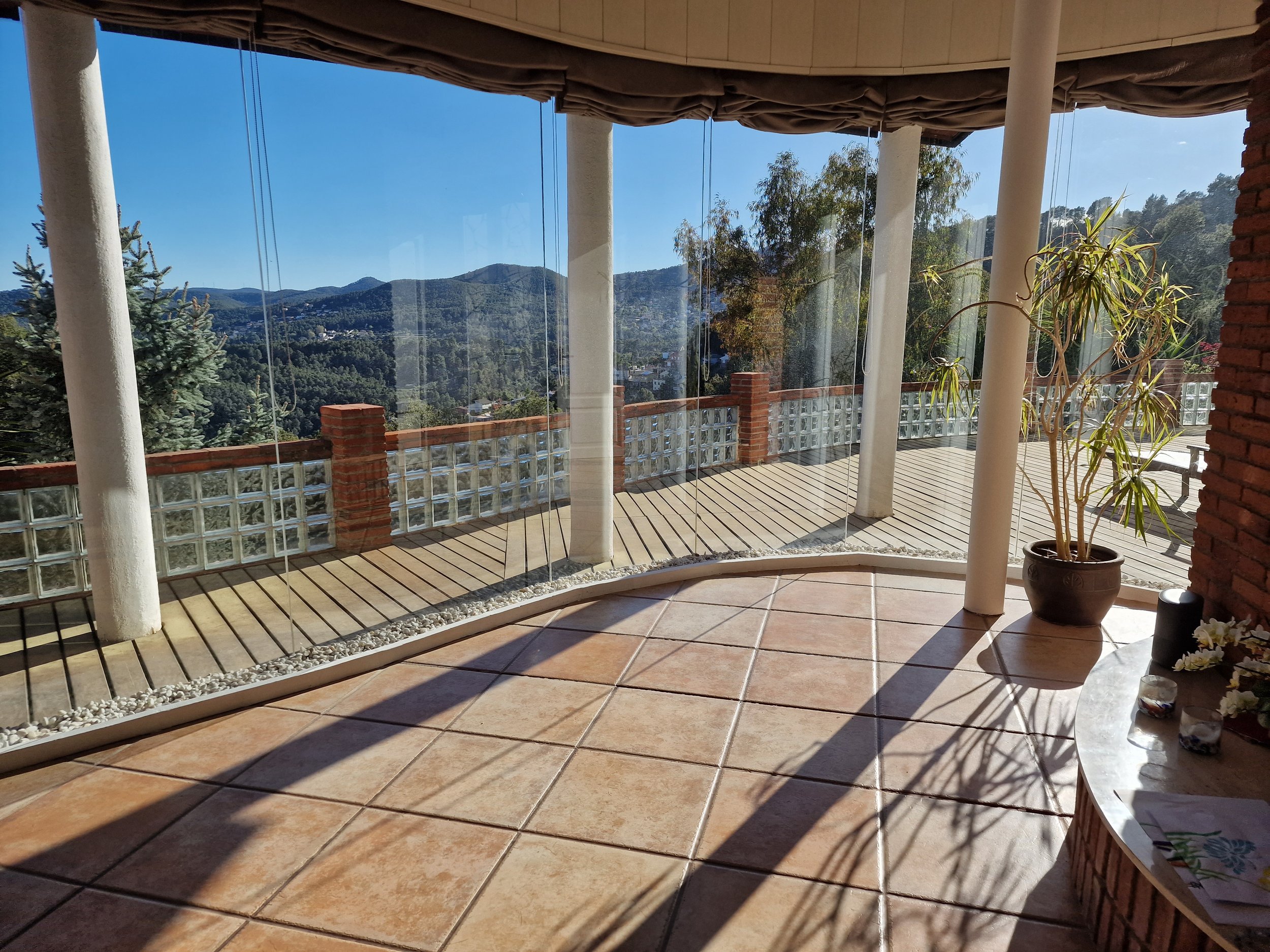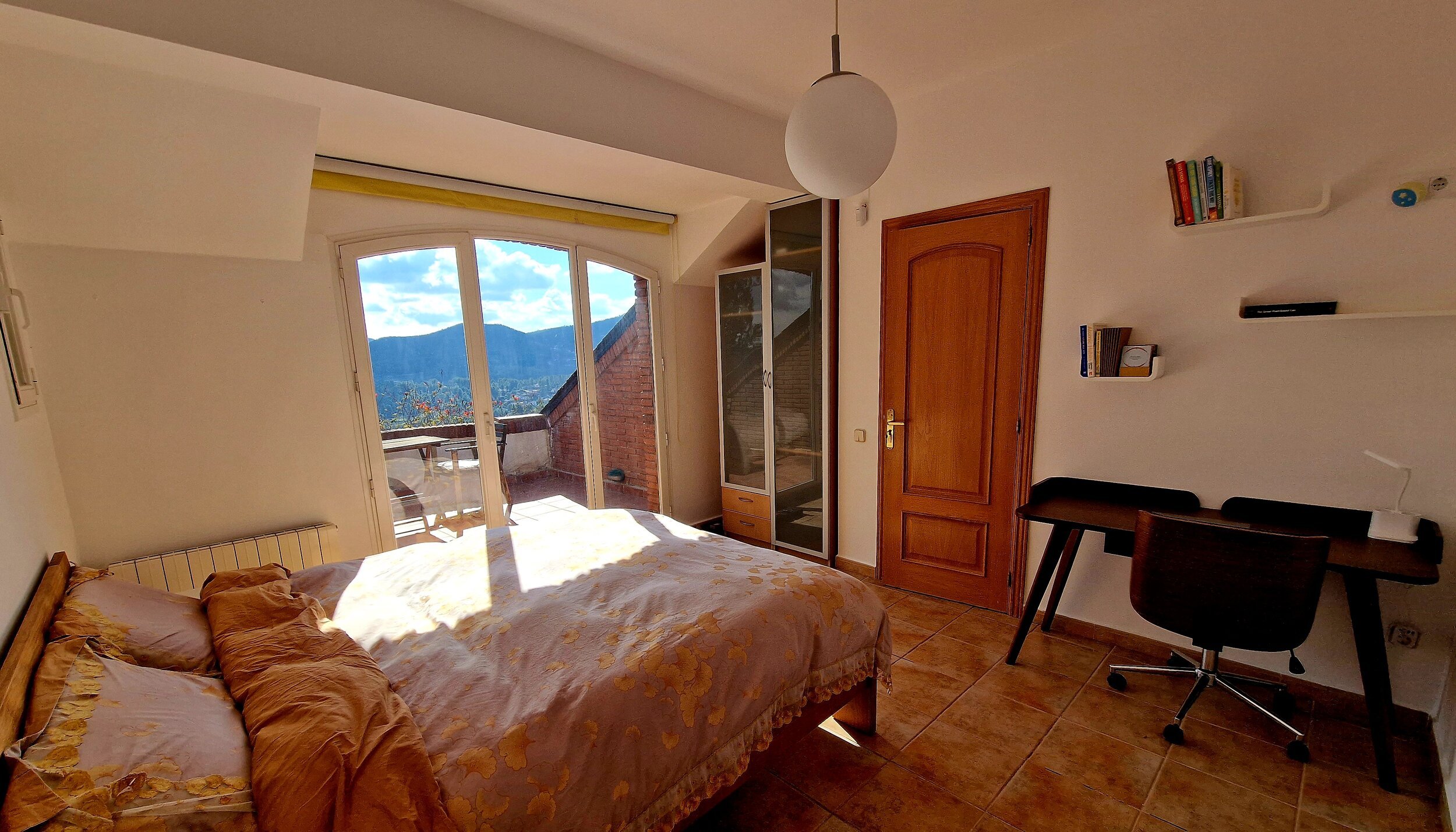Modern forager
I’m a big fan of supplements, but I’m not referring to popping a multivitamin pill. I’m talking about herbal extract capsules, mushrooms extract capsules, and plant oils capsules. In other words, the regular herbs and mushrooms our ancestors took regularly directly as food or with it, plus the modern benefits of globalization - you can find anything, manufacturing - it comes in an easy-to-take capsule, and one-click delivery to your door - you can get them anytime.
The thing is that they are not what you’d find in your regular pharmacy, or by any doctor's recommendation. Yet, they are abundant on Amazon or a lot of websites selling them directly. You just need to know what you are looking for.
After spending years researching herbal and mushroom supplements, I have now quite a collection that I take and rotate regularly. And I’m happy to share this knowledge, and the capsules themselves, during the retreats happening at Barcelona Health Club.
In other lifetimes, I would probably be a forager, constantly looking for natural remedies for all sorts of health aspects. But I would be limited to my surroundings and the seasons, and taking them would be quite unpleasant, as most of them are bitter. However, now, I can be a modern forager, and have access to all the herbs and mushrooms out there, in pure extract forms, in convenient capsules, and delivered to my door - even here in the woods. The only thing that is actually harder to get nowadays is the actual wisdom of using plants as medicine, or better said for general wellbeing and disease prevention. Yes, you can find everything online, but you need to look for this under piles of digital distractions.
I actually once sat with a friend, at her house, and she was showing me her supplements box. She had probably a dozen of them. As I started looking at the front label, I told her most of them were pure chemicals (like vitamin D, magnesium, zinc, etc.) rather than plant extracts, and the body’s capacity to absorb them is not the same, also the effects are not the same. As I started looking at the back label, at the ingredients list, I pointed at the nasty additives that are not as healthy.
So I believe there is a need for learning how to choose supplements. It took me years to learn, and I’m still learning - for example, I’m sometimes rolling my eyes at some boxes I bought even a year ago with less knowledge.
Here are some tips for choosing supplements:
Take everything in herbal extract form, rather than the direct compound which is most often lab produced. Examples: For zinc supplementation, I’m taking guava leaves extract from Nature Basics. Similarly, for iron supplementation, I’m taking curry leaves from the same brand. For vitamin D, I’m taking cod liver oil.
Get curious about plants, search for herbs that aid your symptoms, and see what resonates with you. Then further search for those specific herbs’ benefits, and risks. And if you feel it’s a match, proceed to buy them. Examples: I have ADHD and by looking for natural remedies, I discovered that the beautiful passion flower helps with that, and I bought some supplements of its extract. Or I want to cleanse my liver because we are exposed to so many toxins, and I found and resonated with St John’s Wort and Milk Thistle.
Look for extracts. They are more powerful, and less does a better job than just a plant powder. How? Simply look at the ingredients list, and it should contain the plant name + “extract”. If it also says “standardized”, it’s even better. They might be more expensive, but they are so much more potent. When it comes to mushrooms like lion’s mane for brain and nervous system health, look for “dual extract” (which means extracted in hot water, and extracted in alcohol, which are the best ways to get the good compounds out). I buy mine from Oriveda and Loov. Now all this still means that you can get them as a powder, inside a capsule, don’t worry. Although I must say, I do feel the absorption is better when I take them in liquid forms.
Check the ingredients list and avoid those that contain additives like magnesium stearate, titanium dioxide, silicon dioxide, artificial colors, natural aromas, silica, and citric acid. Microcrystalline cellulose or hydroxypropyl methylcellulose are somehow ok, and harder to avoid for capsules - the only alternative would be to deal with powder forms added to smoothies, etc. but the taste and hassle might throw you off.
Are supplements even necessary? You might wonder. I’d say yes, for the following reasons:
The more we invest in prevention, the less we get to actual diseases, pain, and medical treatments. Diseases form over long periods of time, and taking supplements for prevention or very early symptoms helps us avoid later dramas. Nobody wants to be in pain, right? I wrote here about how I caught early signs of disease by spotting an acid body pH, and how I restored the balance avoiding health problems later.
As human beings, we had always used plants for health benefits, until about now. We used them as food, or with food. We used to drink much more varied herbal teas. This wisdom of plants is very recently lost, for one or two generations only. We simply stopped adding thyme to our meats, drinking sage tea, and the list can go on. Now we just eat combinations of lean meats, pasta, bread, cheese, tomatoes, some lifeless salads, and avocado, with a dash of salt and pepper - and not much else. This is also at the time when our generation is the most exposed ever to toxins of various kinds. We basically need to restore the knowledge every grandmother had.
There are countless studies that show herbal supplementation works. Their health benefits are at your fingertips if you just search for them.
Let’s have a chat about all this, customized to your needs and wishes. Barcelona Health Club retreats are available for anyone seeking a healthy lifestyle, and herbal supplements are a pillar of that.








